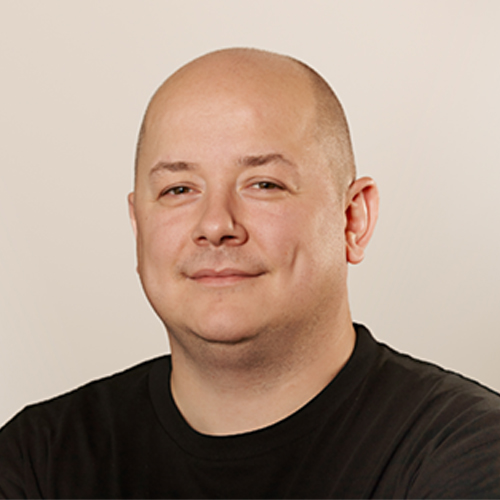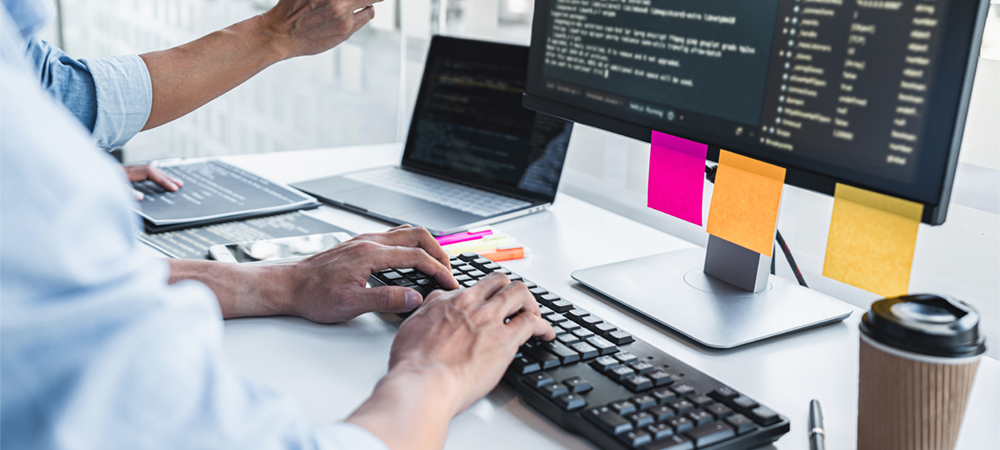On the lighter side of things, we ask, Pieter Danhieux, Co-Founder and CEO of Secure Code Warrior, what makes him tick.

What would you describe as your most memorable achievement?
I have been fortunate to be surrounded by countless inspirational people throughout my career, and we have made significant contributions to the cybersecurity industry, especially relating to the role of developers in the future of software security.
However, if I had to pick just one, it’s hard to ignore the company I co-founded, Secure Code Warrior. The risks and sacrifices associated with starting your own business are enormous, but with almost a decade behind us now, I am immensely proud of what we have accomplished.
We have helped hundreds of companies – large and small – enable their developers to take responsibility for security and hone their secure coding skills in an impactful way. Assisting in changing the culture around secure software development is something that will continue to motivate me.
What first made you think of a career in technology?
At a very young age, I loved taking things apart to understand them. From FM radio devices to TV remotes, no gadgets were safe in my quest to push them further (which sometimes drove my parents crazy).
At around 10 years old, I used my brother’s Macintosh Classic II to learn about operating systems, do basic programming, and later take the hardware apart and reassemble it. I moved on to i386 systems (MS-DOS) and then UNIX systems, BBS and networking technology.
I got my hands on a lot of old hardware and used systems from companies that had no use for it any longer. The challenge then started with how to get access to the system and data without having any logins, and that’s when my passion for cybersecurity started.
Early in my professional career, I also discovered I loved seeing people around me grow and get smarter, so I gravitated towards instructor and consulting roles, hoping to share that enthusiasm with others and infect them with the ‘security passion’ virus.
What style of management philosophy do you employ in your current position?
I’ve always been a big believer in fairness and transparency. I believe I am a leader that approaches all situations with empathy but also puts the bar as high for everyone as you would for yourself, sprinkling things with a touch of humor, geek and cheekiness.
Generally, though, I treat everyone like adults. I see value in giving people the freedom to get results, not monitoring whether they’re making appearances between nine and five.
What do you think is the current hot technology talking point?
Sometimes, when I speak at conferences, I hand audience members a bingo card filled with technology buzzwords that they are likely to hear throughout the day. The big hype topics used to be ‘cloud’, then ‘Blockchain’. Now, it seems those topics have morphed and now it’s all about the metaverse.
Personally, I am interested in metaverse security as a topic of discussion, since it’s one that will become very important, very quickly, especially after the inevitable first big metaverse data breach. I am also keeping a close eye on any technology that can improve the sustainability of humans, plants and animals on planet Earth.
How do you deal with stress and unwind outside the office?
I used to spend my weekends playing with technology, installing new hardware, or understanding things to break into them. Now, I spend most of my time outdoors, working with beehives, playing with dogs, chasing chickens around in the garden or growing Australian native edible plants and berries. Sometimes, I do allow some IoT devices to enter my garden for the purpose of monitoring it when I am traveling overseas.
At the start of the COVID-19 pandemic, I picked up Muay Thai boxing which keeps my heart rate up and allows me to completely clear my mind twice a week! I also enjoy spending time with my family, and we can be found doing anything from bushwalks, cooking and scuba diving, to Friday evenings looking at what my eight-year-old has built in Minecraft.
If you could go back and change one career decision what would it be?
Sometimes I find myself wishing I’d paid more attention to the finance and accounting classes at university, but realistically, I’d have looked at moving out of Belgium sooner; it’s a very small country and the opportunities in cybersecurity can be quite limited.
What do you currently identify as the major areas of investment in your industry?
In cybersecurity, there is almost a hyper-focus on investing in automated security tools and it feels like there is new, must-have tech every other week. With so many companies adopting remote working on a permanent basis, it’s no surprise that tools concentrated around protecting endpoints and the cloud are really taking off.
Extended detection and response (XDR) tools seem to have everyone talking, while a lot of others are focused on security technology with Machine Learning, Blockchain and Artificial Intelligence.
However, many organizations are still missing the basics of cybersecurity and realizing the need to incorporate precision, role-based training on cybersecurity across all staff. With the cybersecurity skills gap reaching a point where it is impossible to close, it makes sense that we upskill the cohorts we have at our fingertips.
What are the region-specific challenges when implementing new technologies in APAC?
Sometimes, the enablement of new technologies can be difficult, and for APAC-based global companies, their workforce can extend through multiple countries, each with different languages and cultural considerations. It’s important for tech companies to recognize this when building solutions to ensure maximum adaptability and adoption without barriers.
Very often, there is also a preference for purchasing technology from big, established brands from overseas ignoring the start-up technology in the local market, which can be way more cutting-edge, innovative and offer local support. It’s important for countries in APAC to nurture those local companies as they can become the next big global cybersecurity brand in 10 years.
What changes to your job role have you seen in the last year and how do you see these developing in the next 12 months?
Running a fast-growing global scale-up, your company and your role needs to evolve every year. While I used to do a lot of problem-solving and was busy with day-to-day opportunities in all aspects of the business (sales, product, people), my role is changing and focuses more on empowering my experienced leaders, giving them the direction and resources to do what they are far more experienced in than I am.
What advice would you offer somebody aspiring to obtain a C-level position in your industry?
Passion, persistence and resilience have worked really well for me and it’s something I am looking for in any C-level hire nowadays.
In most industries, networking is incredibly important, and cybersecurity is no exception. Keep honing your skills and don’t be afraid to connect with people at conferences, peer events and meetups. You never know who you might run into and when they might reach out for an opportunity that won’t make its way to LinkedIn.
Click below to share this article

